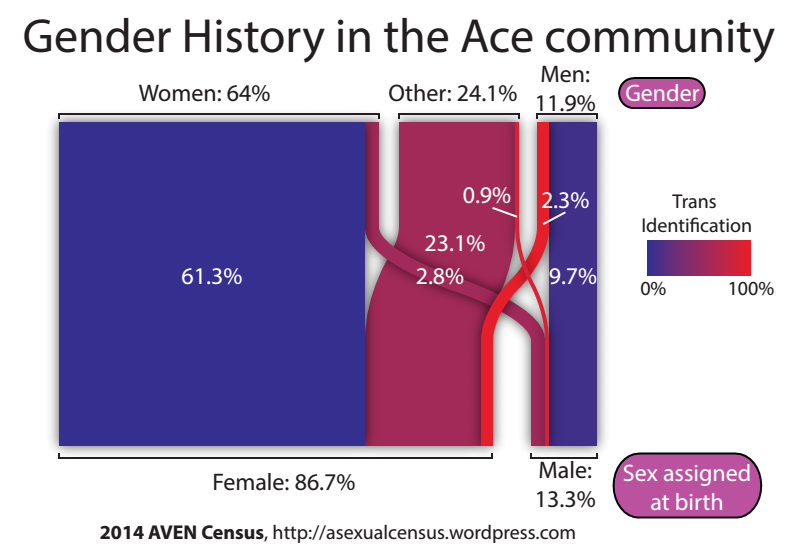This is a repost of an article I wrote in 2015. Actually, it used to be two articles, but I concatenated them here.
So, let’s talk about cisgender people, and how our sparing cis intellects assume the most ingratiating posture of surrender whenever the subject of trans people is broached.
When a trans person says they feel like this gender or that gender, many cis people find that confusing. “What does it feel like to feel like a man? *I* don’t feel like I am a man. Rather, I’m a man because society railroaded me into this role.”
If you feel sympathetic to this response, you may be interested in the theory of cis by default. Under this theory, some cisgender people simply do not have an internal sense of gender (“feeling like a man” or “feeling like a woman”), and simply go by the gender they’re told they are from birth.
This implies that not all cis people are the same. Some cis people have an internal sense of gender, some do not. If you’re confused by the very idea of an internal sense of gender, maybe you’re one of the people who doesn’t have one.

